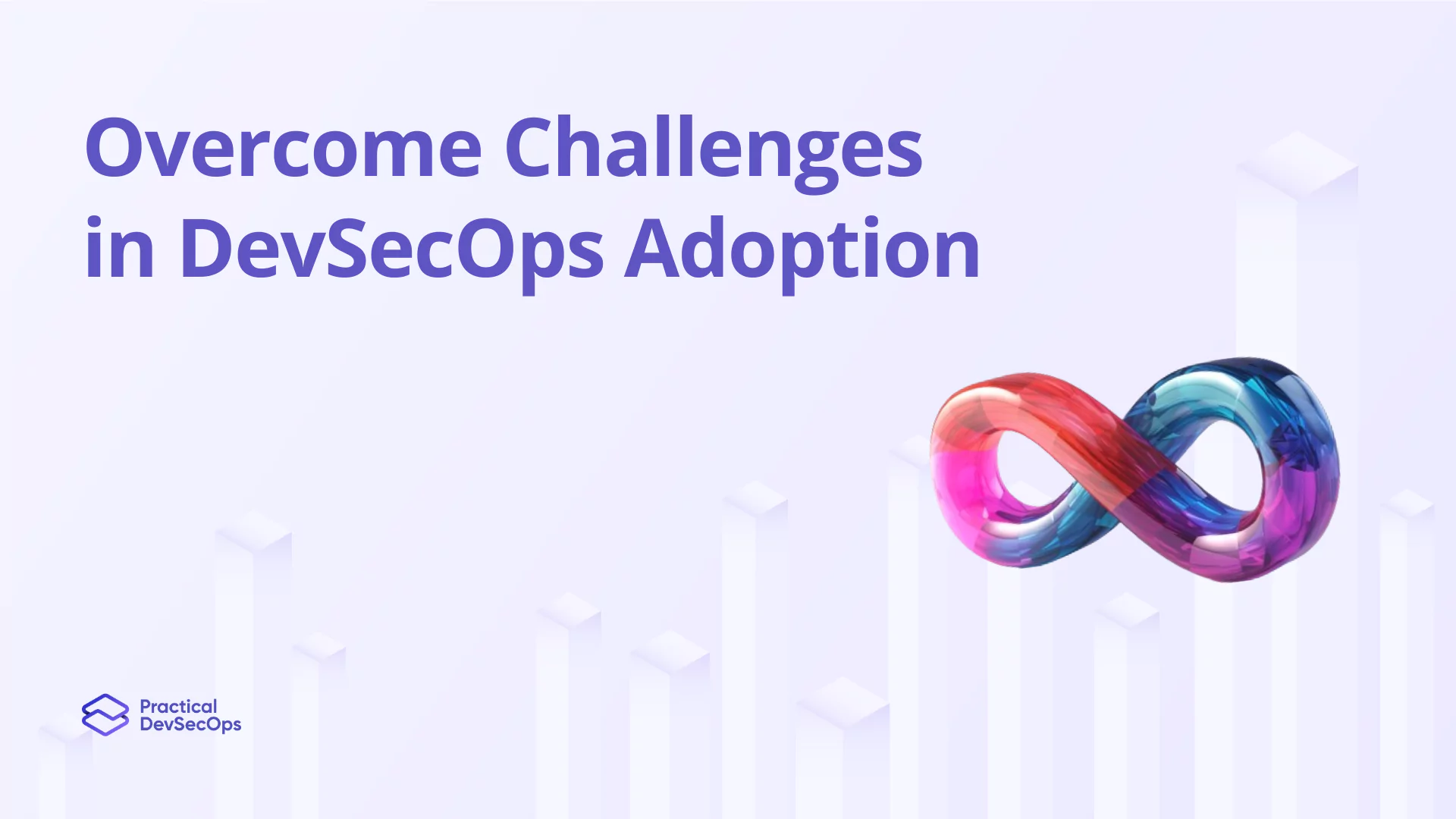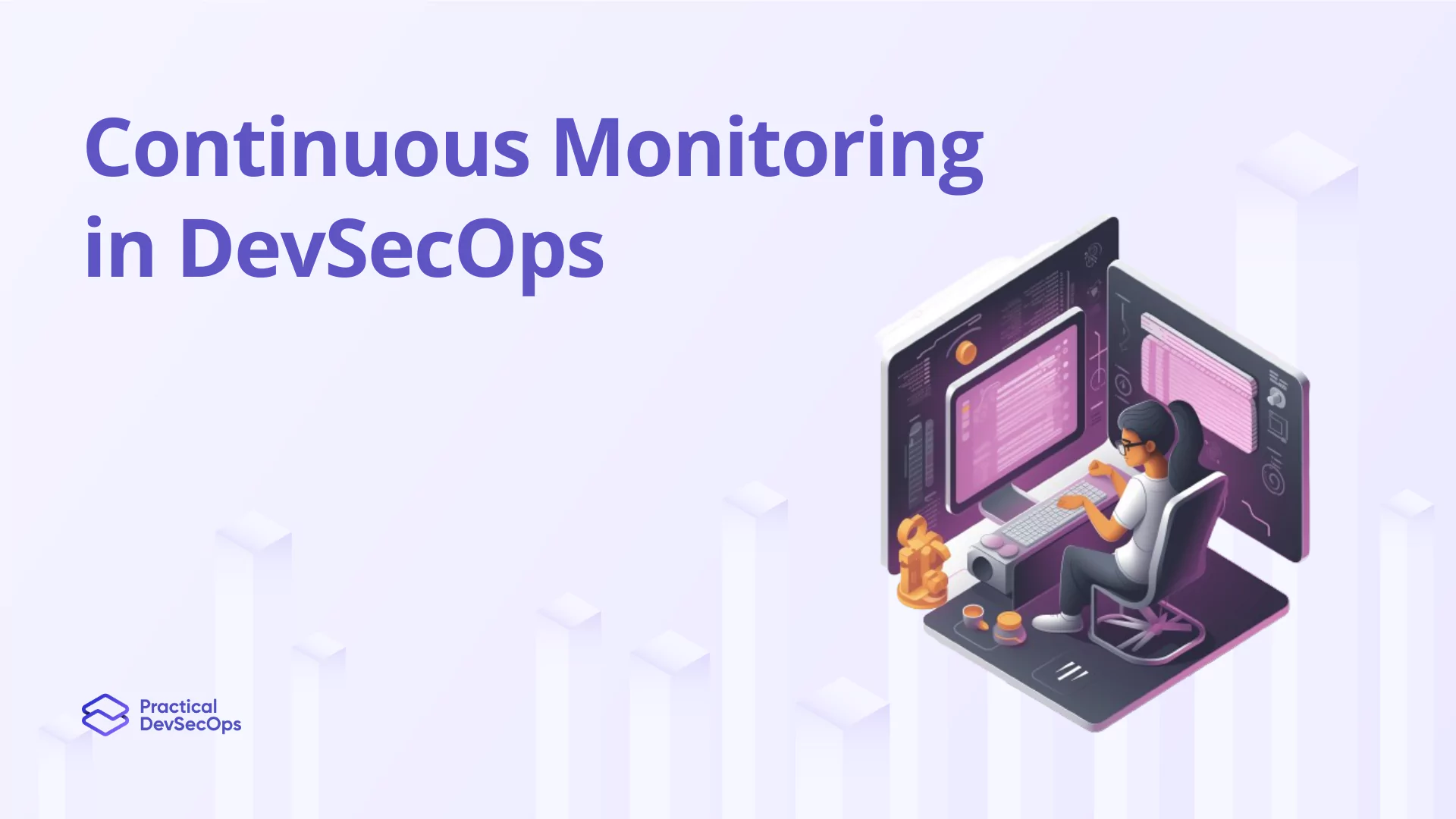In today’s interconnected digital landscape, software supply chain security has emerged as a critical concern. Malicious actors are targeting the software supply chain to exploit vulnerabilities and compromise organizations’ systems. To combat these threats and protect your organization, it is crucial to implement effective strategies for software supply chain security. This article will guide you through must-read strategies for 2024 and beyond, empowering you to safeguard your software ecosystem.
Why Software Supply Chains are Juicy Targets
Imagine this: you download the latest video game, hyped to slay some digital dragons. But instead of epic loot, you get hit with malware that steals your credit card info. Ouch. That’s what happens when attackers compromise the software supply chain, injecting their evil code into seemingly legit programs.
Here’s why these chains are hacker honeypots:
- Complex and interconnected: Software travels through a maze of developers, vendors, and distributors before reaching your PC. Each handoff is a potential vulnerability.
- Open-source reliance: We all love free and open-source software (OSS), but its transparency can be a double-edged sword. Malicious actors can easily sneak bad code into popular OSS projects.
- Toolchain vulnerabilities: Even the tools used to build software can be compromised, poisoning the entire pipeline.
Software Supply Chain Security Strategies for 2024
1. Establish a Robust Software Acquisition Process
- Conduct due diligence on software vendors, ensuring they meet your security requirements.
- Implement a process for verifying software authenticity and integrity before installation.
- Regularly update and patch software to mitigate known vulnerabilities.
2. Implement Secure Coding Practices
- Train developers on secure coding practices to minimize the introduction of vulnerabilities.
- Use secure software development frameworks and libraries to reduce risk.
- Perform code reviews and static analysis to identify and rectify security flaws in your codebase.
3. Regularly Assess and Manage Dependencies
- Monitor and assess the security posture of third-party dependencies.
- Stay up-to-date with vulnerability disclosures and promptly apply patches or updates.
- Consider using software composition analysis tools to streamline dependency management.
4. Strengthen Access Controls and Authentication
- Enforce strict access controls, ensuring only authorized users can access sensitive components of the software supply chain.
- Implement multi-factor authentication to prevent unauthorized access.
- Regularly review and manage user privileges and permissions to maintain a least-privilege principle.
Also Read, Best Software Supply Chain Security Tools
5. Embrace Continuous Monitoring and Incident Response
- Implement a robust monitoring system to detect anomalies, intrusions, or suspicious activities.
- Establish an incident response plan that outlines the steps to be taken in the event of a security breach.
- Regularly conduct security assessments, penetration testing, and vulnerability scanning to identify and address weaknesses.
Also Read, Why Software Supply Chain Security is Important?
6. Collaborate with Vendors and Stakeholders
- Foster strong relationships with software vendors, ensuring ongoing support and security updates.
- Engage in open communication with stakeholders to address security concerns and share best practices.
- Stay informed about industry trends, standards, and regulations to proactively adapt your security measures.
Conclusion
By following these strategies for 2024 and beyond, you can fortify your software supply chain security and mitigate potential risks. Remember, software supply chain security is an ongoing process requiring constant vigilance and adaptation to emerging threats. Stay proactive, keep learning, and prioritize security in every phase of your software development lifecycle.
Interested in Upskilling in Software Supply Chain Security?
Practical DevSecOps offers an excellent Certified Software Supply Chain Security Expert course with hands-on training through browser-based labs, 24/7 instructor support, and the best learning resources to upskill in software supply chain security.
Start your journey mastering software supply chain security today with Practical DevSecOps!






0 Comments